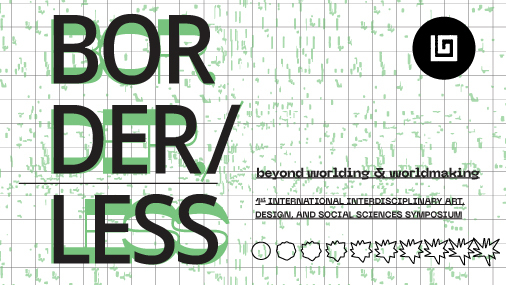
The objective of this symposium is to discuss human ability to design and establish the most pertinent world for Earthlings, now and in the future. Taking Goodman’s theory of worldmaking as a starting point, the symposium inquires how the worlds of the arts, the sciences and practice are made, and how they interrelate. Worlds are made by constructing world-versions in language, symbols and other representational systems, as well as through what is exemplified, expressed and shown. Scientific theories, works of art, cinematic representations, literary criticism, psychology, ethics and cultural studies exemplify aspects of worldmaking.
The symposium aims to further discussions on the multiplicity of human and world relationships now and in the future. Worldmaking capacitates new political and ethical practices, and alternative visions of the futures. Still it always starts from the pre-existing worlds. Worldmaking in this sense may guide reflections on the ‘world’ as we know it, and help us reimagine what people used to stereotyping: What do political borders mean in a world where cultures, ideas and people are in flux? How can we reflect on the conceptual borders between arts and sciences, fine arts and crafts, as well as on the aesthetics of everyday life? In which sense can we talk about collaborative worldmaking across disciplinary divides? What kind of worldmaking challenges the status quo, be it national borders, dominant media narratives or therapeutic practices? What are the stories told by groups on the margins, such as immigrants, the impoverished and the incarcerated? What does it mean for cosmopolitan morality if a single world, the world, is lost?
You can apply to the 1st Interdisciplinary Art, Design and Social Sciences International Symposium titled "Borderless: Beyond Worlding & Worldmaking", which will be held by Beykoz University Faculty of Art and Design on May 4-5, 2023, with abstracts sent to borderless@beykoz.edu.tr and you can reach important dates here.
The symposium will be held hybrid and the symposium languages are Turkish and English.
This content was updated on 16/01/2023.